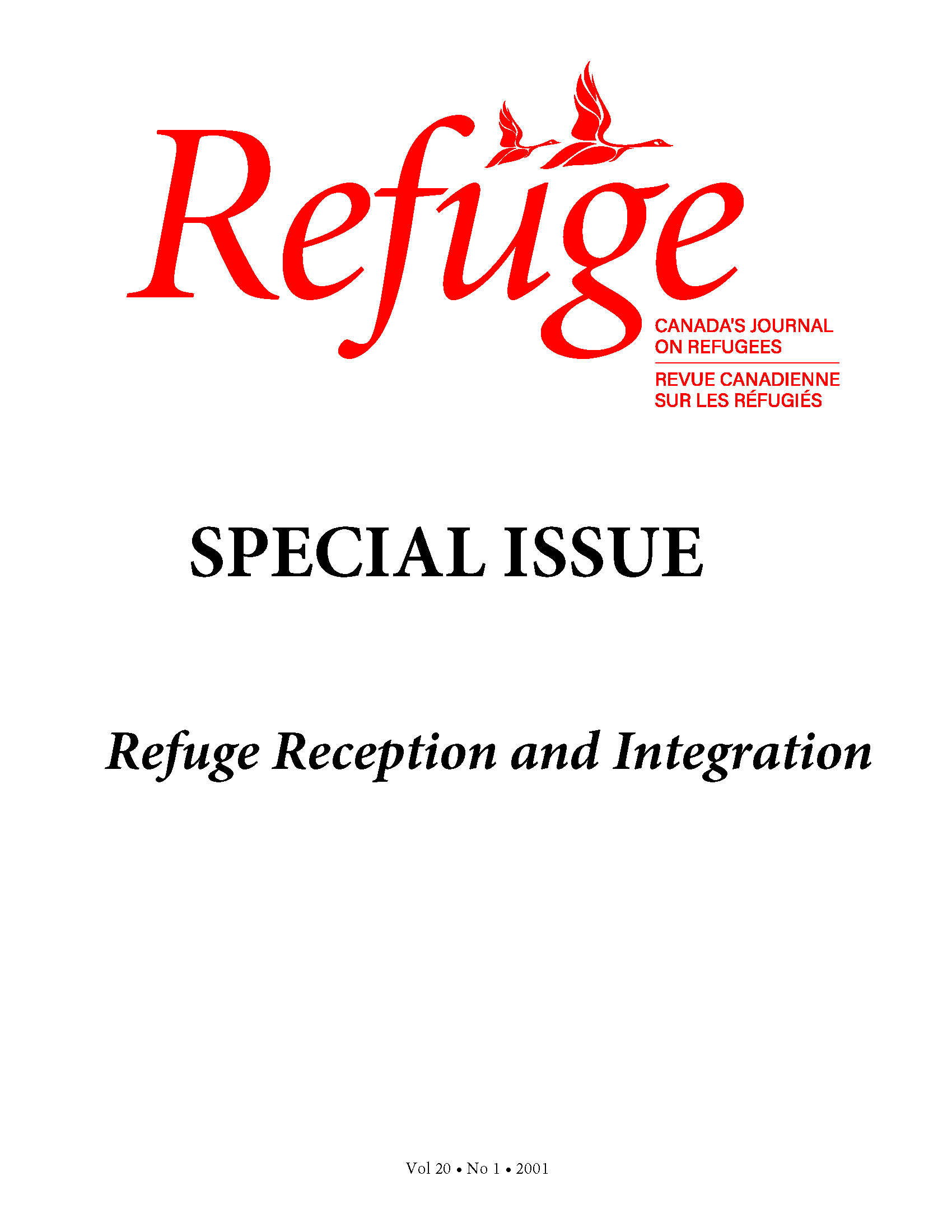German Expellee Organizations between “Homeland” and “At Home”: A Case Study of the Politics of Belonging
DOI:
https://doi.org/10.25071/1920-7336.21247Keywords:
Germany, expellees, politics, activism, homeland, belonging, ethnic ownership, integration, forced migrationAbstract
Since the expulsion of more than ten million ethnic Germans from Central and Eastern Europe after the end of the Second World War, the political and cultural organizations of the expellees have advocated the interests of this segment of the Federal Republic’s population. The article examines the various ways in which activists in the expellee organizations have used the ambiguity of homeland and belonging in the political process in Germany and increasingly in Europe to further a political agenda that, while it has undergone major changes, remains deeply problematic in some of its objectives and many of its implications.Metrics
Downloads
Published
How to Cite
Issue
Section
License
Copyright (c) 2001 Stefan Wolff

This work is licensed under a Creative Commons Attribution-NonCommercial 4.0 International License.
Refuge authors retain the copyright over their work, and license it to the general public under the Creative Commons Attribution-Non Commercial License International (CC BY-NC 4.0). This license allows for non-commercial use, reproduction and adaption of the material in any medium or format, with proper attribution. For general information on Creative Commons licences, visit the Creative Commons site. For the CC BY-NC 4.0 license, review the human readable summary.







